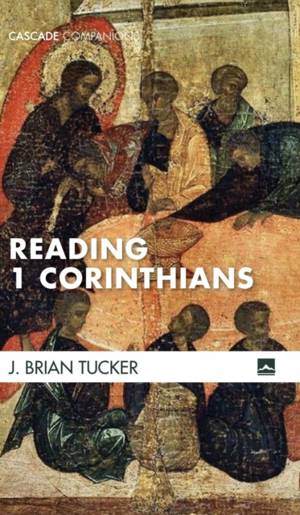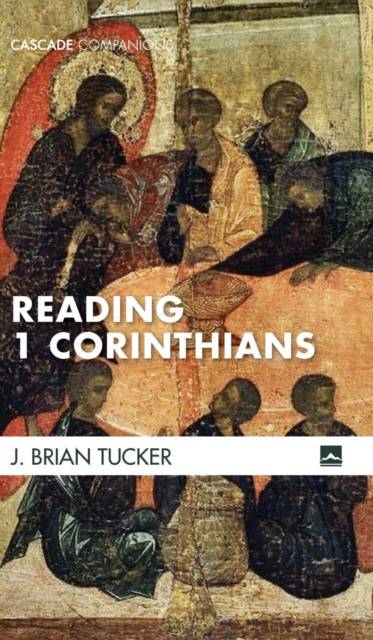
Je cadeautjes zeker op tijd in huis hebben voor de feestdagen? Kom langs in onze winkels en vind het perfecte geschenk!
- Afhalen na 1 uur in een winkel met voorraad
- Gratis thuislevering in België vanaf € 30
- Ruim aanbod met 7 miljoen producten
Je cadeautjes zeker op tijd in huis hebben voor de feestdagen? Kom langs in onze winkels en vind het perfecte geschenk!
- Afhalen na 1 uur in een winkel met voorraad
- Gratis thuislevering in België vanaf € 30
- Ruim aanbod met 7 miljoen producten
Zoeken
€ 59,95
+ 119 punten
Uitvoering
Omschrijving
First Corinthians offers readers a window into the social life and setting of an early Christ-movement congregation. The Apostle Paul's practical guidance to the Corinthians living in a Roman colony overlaps with many contemporary concerns: identity, leadership, sexuality, gender, diversity, worship, theology, and economics. All too often, however, the letter is read in an individualistic and supersessionistic way. Furthermore, parts of the letter are lifted out of their original context and applied in ways foreign to that setting. This book reads the letter through the lens of social identity theory, a leading social scientific method for understanding the New Testament. This reading strategy is supported by a post-supersessionist perspective in which the church is not thought to replace Israel as God's people. The aim of this book is to introduce non-specialists to this fascinating letter in a way that highlights the current research into the social context of Corinth. It offers relevant discussion questions and an identity-critical reading of 1 Corinthians that shows Paul's interest in three key themes: identity, ethics, and ethos.
Specificaties
Betrokkenen
- Auteur(s):
- Uitgeverij:
Inhoud
- Aantal bladzijden:
- 164
- Taal:
- Engels
- Reeks:
- Reeksnummer:
- nr. 36
Eigenschappen
- Productcode (EAN):
- 9781498292955
- Verschijningsdatum:
- 23/08/2017
- Uitvoering:
- Hardcover
- Formaat:
- Genaaid
- Afmetingen:
- 127 mm x 203 mm
- Gewicht:
- 290 g

Alleen bij Standaard Boekhandel
+ 119 punten op je klantenkaart van Standaard Boekhandel
Beoordelingen
We publiceren alleen reviews die voldoen aan de voorwaarden voor reviews. Bekijk onze voorwaarden voor reviews.









